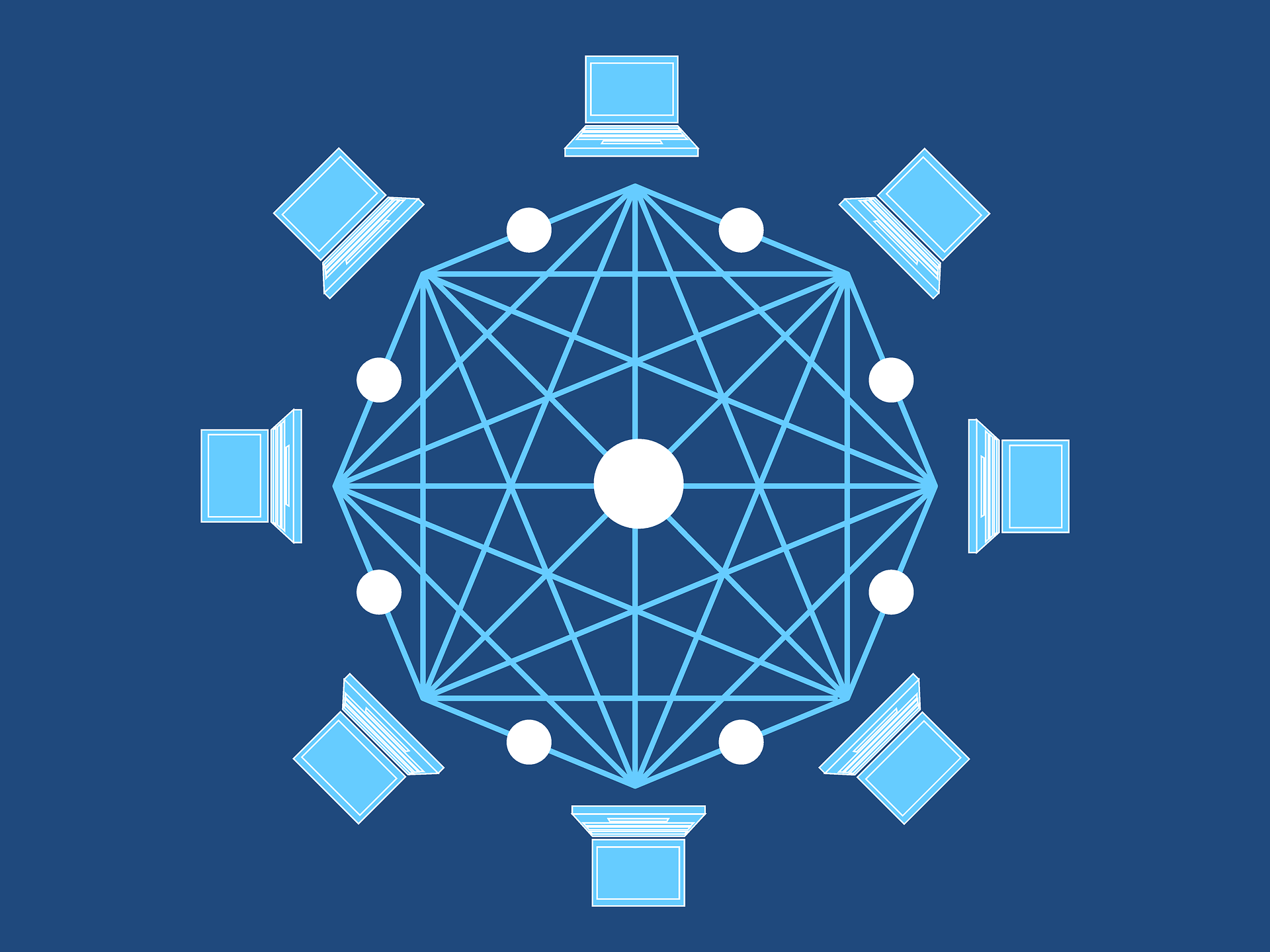Bank of Lithuania Envisions Future Cross-Industry Blockchain Platform
The Bank of Lithuania (BoL) has unveiled ambitious long-term plans to expand its blockchain platform for employment past the financial services sector. On May 26, the central bank’s blockchain-based sandbox, LBChain project, achieved its third and final stage.
In a wrap-up meeting this morning, BoL’s blockchain project manager Andrius Adamonis stated that the bank eventually envisions going beyond LBChain to produce a future “LTChain” — short for Lithuania Chain — that would have non-financial applications. This future LTChain would understand the bank collaborating with other public institutions and trying to draw start-ups from non-financial sectors, including energy, healthcare, and transportation.
Bank of Lithuania intends to launch LBChain in Q4 2020
In the short term, Adamonis announced that the central bank has ideas to launch LBChain in the fourth quarter of this year and conclude its commercial procurement with the fintechs and service providers recently included in the LBChain project.
At its earliest stage, the BoL had chosen Deloitte, IBM, and Tieto to operate with fintechs to improve and test their solutions. In fall 2019, the bank decided IBM and Tieto proceed as finalists competing to improve the LBChain platform itself. Adamonis wrote that in reply to feedback from the financial services sector, the bank had concentrated R&D on permissioned systems sooner than on public blockchains, and consequently, to base LBChain on R3’s Corda and Hyperledger Fabric.
The five fintechs that were decided to take part in the third and final stage of the sandbox performed the results of their testing at the meeting today. Their projects involve a solution for blockchain-based regulatory reporting, a blockchain platform for green bond issuance, and a blockchain-based digital bank.
During its three stages, the sandbox has allowed 11 fintechs from eight countries to administer blockchain-focused research in a controlled regulatory environment. Adamonis stated the project had fortunately drawn foreign investment, spurred cooperation with academic institutions, and deepening the bank’s technological capacities with blockchain.
He stated the BoL attempts to draw more international start-ups and strengthen its public-private collaborations. At the conclusion of last year, the BoL also unveiled its plans to deliver a digital, blockchain-based collector coin committed to commemorating Lithuania’s Act of Independence in 1918.
Stay informed with daily updates from Blockchain Magazine on Google News. Click here to follow us and mark as favorite: [Blockchain Magazine on Google News].
Get Blockchain Insights In Inbox
Stay ahead of the curve with expert analysis and market updates.
latest from tech
Disclaimer: Any post shared by a third-party agency are sponsored and Blockchain Magazine has no views on any such posts. The views and opinions expressed in this post are those of the clients and do not necessarily reflect the official policy or position of Blockchain Magazine. The information provided in this post is for informational purposes only and should not be considered as financial, investment, or professional advice. Blockchain Magazine does not endorse or promote any specific products, services, or companies mentioned in this posts. Readers are encouraged to conduct their own research and consult with a qualified professional before making any financial decisions.

 Bitcoin
Bitcoin  Ethereum
Ethereum  XRP
XRP  Tether
Tether  Solana
Solana  Dogecoin
Dogecoin  USDC
USDC  Cardano
Cardano  Lido Staked Ether
Lido Staked Ether  TRON
TRON  Avalanche
Avalanche  Stellar
Stellar  Sui
Sui  Wrapped stETH
Wrapped stETH  Toncoin
Toncoin  Chainlink
Chainlink  Shiba Inu
Shiba Inu  Hedera
Hedera  Wrapped Bitcoin
Wrapped Bitcoin  Content Bitcoin
Content Bitcoin  Polkadot
Polkadot  WETH
WETH  Bitcoin Cash
Bitcoin Cash  Litecoin
Litecoin  LEO Token
LEO Token  Uniswap
Uniswap  Hyperliquid
Hyperliquid  Bitget Token
Bitget Token  Pepe
Pepe  Wrapped eETH
Wrapped eETH  USDS
USDS  NEAR Protocol
NEAR Protocol  Ethena USDe
Ethena USDe  Aptos
Aptos  Internet Computer
Internet Computer  Aave
Aave  POL (ex-MATIC)
POL (ex-MATIC)  Ethereum Classic
Ethereum Classic  Monero
Monero  Render
Render  Cronos
Cronos  Mantle
Mantle  Algorand
Algorand  Virtuals Protocol
Virtuals Protocol  MANTRA
MANTRA  Bittensor
Bittensor 



